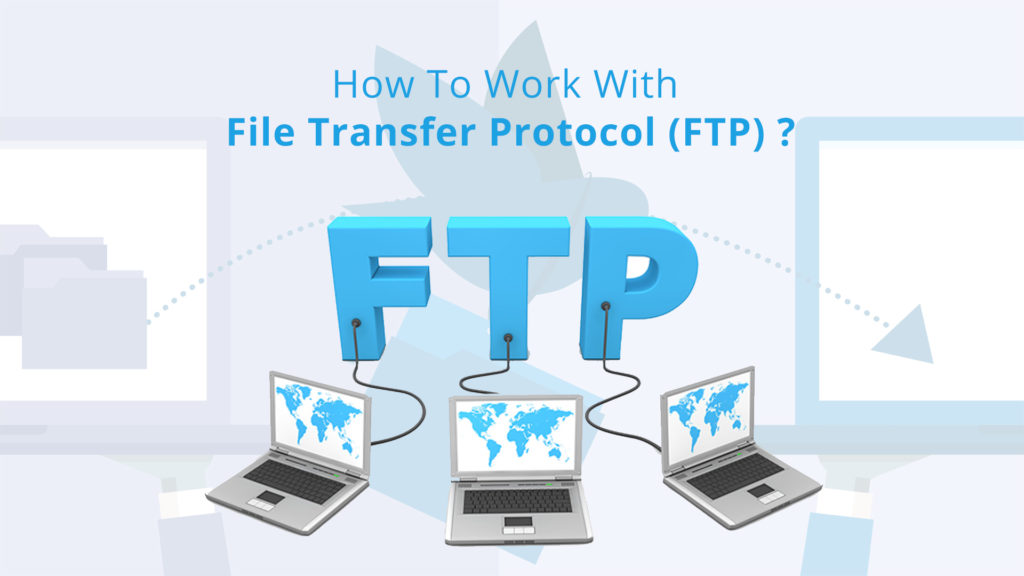Omegle is an online platform designed for anonymous chatting. The ongoing chats or video calls are being monitored so that unacceptable content would be filtered out. If you end up doing or seeming like you did something that goes against Omegle’s Terms of Service or Community Guidelines, sooner or later, you will be blocked.
If you are using this platform anonymously and you are not using any personalized account, how can you be blocked, and more importantly, how can you recover your access to the site?
Table of Contents
Limits of your anonymity
The main reason why you can be blocked on Omegle is that your anonymity works only for other users of the platform. The administrators who are monitoring and handling all the traffic on the site can easily identify who you are.
Your IP address indicates your personal data such as your Internet Service Provider (ISP) or location in which you are connected to the internet.
Since there are no such things as accounts on Omegle, and any users can use it right away, different users are identified through their IP addresses as if those would stand for different accounts. Because you can’t create multiple accounts, since there are none, your IP address is the only ‘account’ that you have.
It means that if something goes wrong in the eyes of those who are monitoring what is happening on the Omegle, you are susceptible to being blocked.
It’s your IP address that is blocked, therefore, you can’t create another account like on Facebook or any other social network. In other words, the block of your IP address means the total blockage of your access to the site.
While Omegle is designed for anonymous use, having your IP exposed pretty much defeats the purpose.
Popular ways to remove blocks
You can find numerous ways of avoiding blocks or removing them. Seeing that the exposure of an IP address is the root of the problem, all ways to overcome the issue consist in changing or disguising your IP address in one way or the other.
A virtual private network (VPN) can be used for this purpose. It gives you a different IP address from which you can connect to the Omegle. However, it provides you with an IP address that is shared with other users of the same VPN.
This way, you will hide your identity and gain more anonymity, but only as much as other users of the same IP address that is given to them by the VPN is not using Omegle. For if they do, you are at risk of getting banned for their activity. If someone else does something suspicious or unacceptable, your shared IP address is being blocked, and you can no longer access the site with it.
You could find a VPN server that provides you a dedicated IP address, however, you could be blocked based on that IP address, so you would only recover your access once but without any avoidance of potentially upcoming blocks.
Another way to work around the ban is using different devices for routing your traffic. For example, a mobile hotspot gives you a different IP address than your computer.
Unfortunately, that’s only a short-term solution because the IP address of your device can be blocked too. You might use more and more devices to look like someone else, but eventually, you will run out of devices.
You need a reliable long-term solution that has no shortcomings of other alternatives.
Enabling your anonymity with proxies
Proxies enable what the original creators of Omegle avoided – it provides you real anonymity that allows you to use the website the way it’s meant to be used in the first place, that is, anonymously. By enabling your proxy, you disable all the blocks.
A proxy server works as an intermediary server that, in this particular instance, allows you to access Omegle with a different IP address each time.
When you are using, for example, a residential proxy server, you get a huge variety of IP addresses that can rotate from time to time, and if you would be blocked based on one of them that you are using, the next moment you can access the site with a different IP address as if the blockage has never occurred.
Residential proxies use real household IP addresses within physical devices that have them assigned to them by their ISP.
For this reason, it can be seen as a long-term solution because you are not using a static or shared IP address that needs a substitute seconds after being blocked, whether because of your suspicious activity or someone else’s.
Proxies allow you to build a huge wall of anonymity where each IP address that can be blocked works only as one brick in that wall that can be easily replaced by any other. Thus, proxies are able to recover access to Omegle and continue using it anonymously without a high risk of getting blocked again.
Conclusion
Omegle doesn’t have any accounts, therefore, any blockage that is being laid out on their users is based on their IP addresses. While there are numerous ways to work around this ban of your IP address by changing it, you need lots of IP addresses that provide you uninterrupted and anonymous access to the Omegle. Proxy servers serve best for this purpose and allow you to work without bothering about any future blocks.

